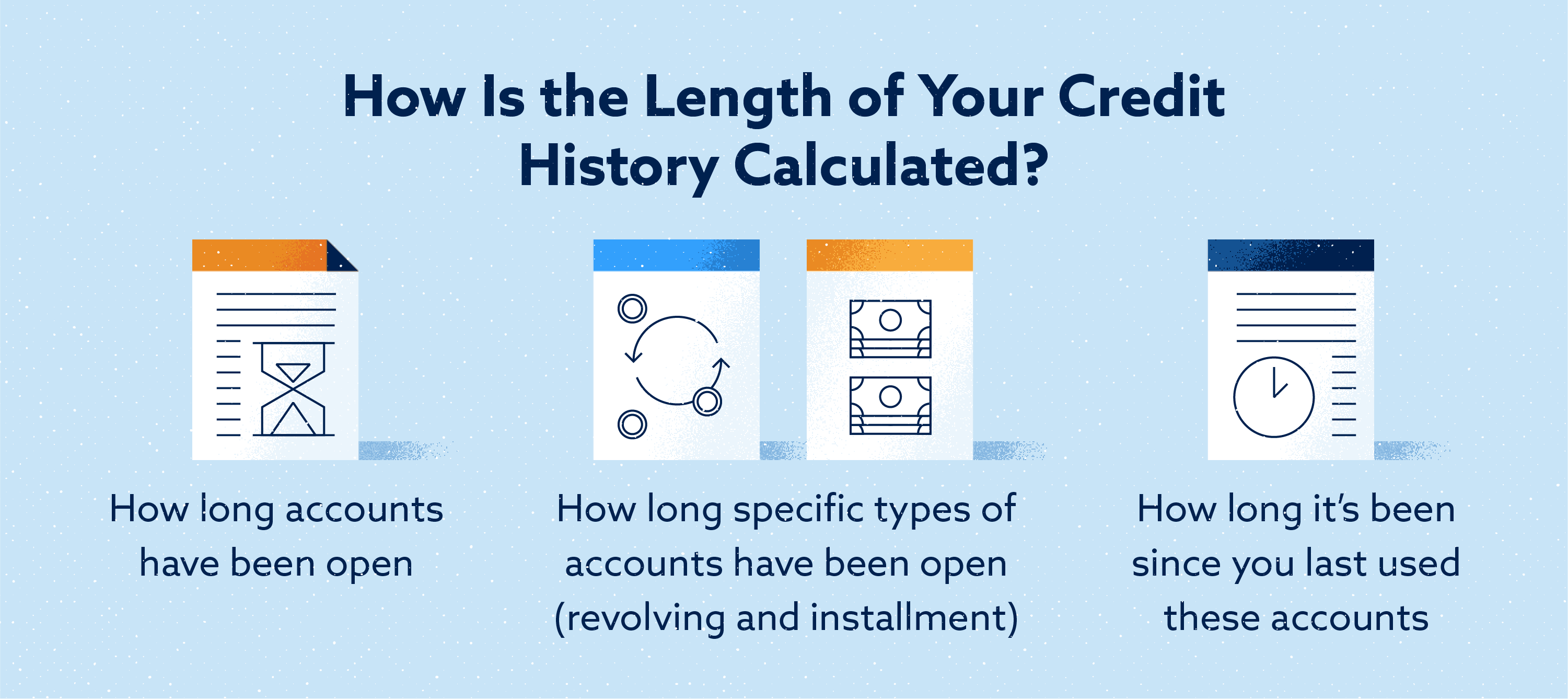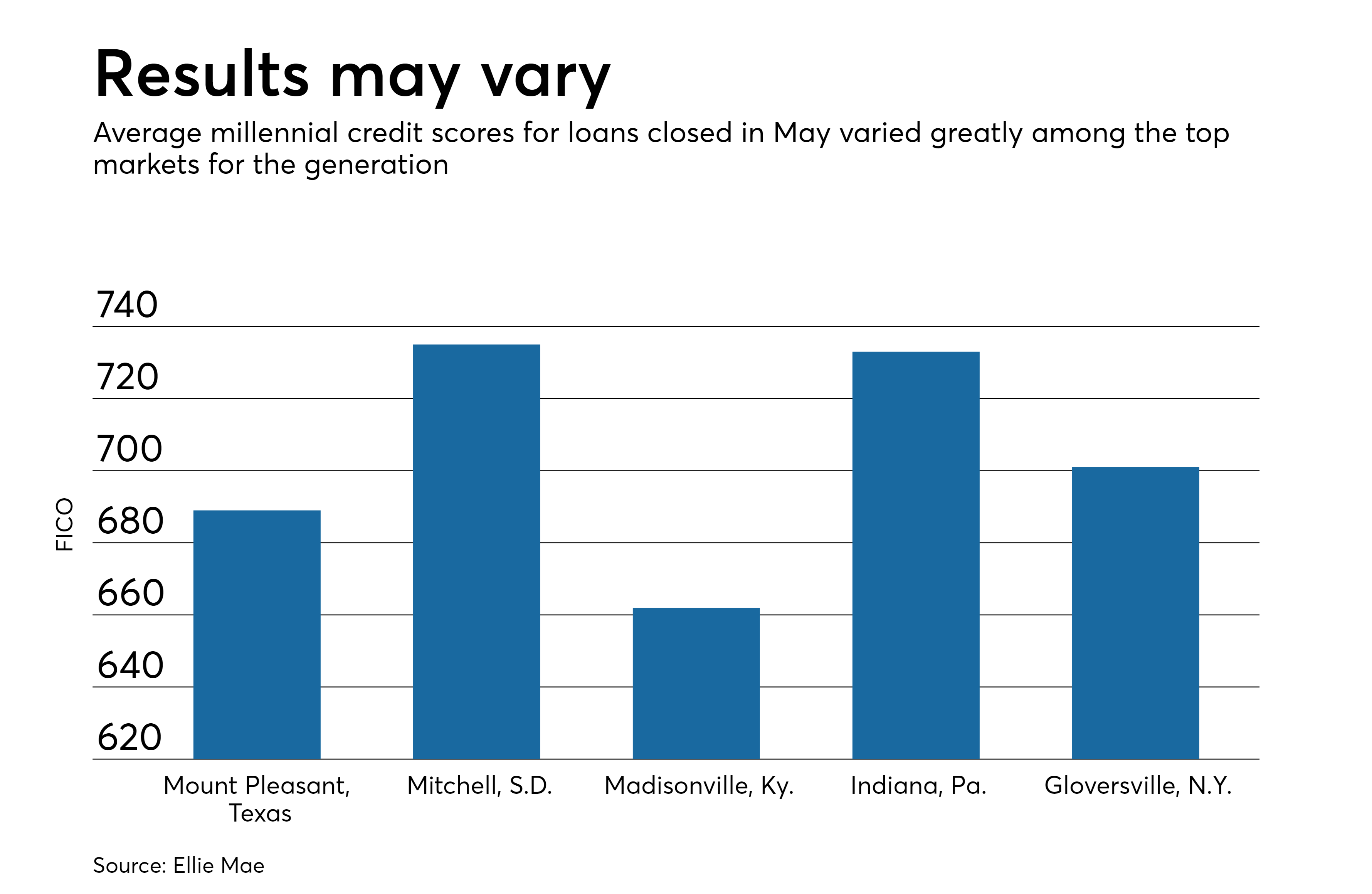
Credit scores are determined by what type of credit you have. This "credit mix" is also known as your credit score. A person can have "good" or "bad" credit. This refers either to mortgages or high-interest credit cards. Your score will be affected by the type of credit you have. It is important to know what factors will impact your score.
Credit history length
The length of your credit history is an important factor when it comes to your credit score. This is the average age for all your credit accounts. Credit scoring agencies calculate it. Your credit history will influence how high your score. But, even if you don't have a long credit history, that doesn't necessarily mean you won't be able to have good credit. A good way to build credit is to make on-time payments and avoid late payments.
One of the major factors that affect your score is your credit history. It is right at the middle of the list, just behind your age and how much credit you use. However, it is important to remember that credit history can be as long as 10 years. The average score for people with good credit is 711, and a longer credit history can help you maintain a good score.
Payment history
Your payment history is an extremely important factor in determining your credit score. Lenders use this score when making lending decisions. Your score will drop if you make late payments. You can improve your score by paying your bills on-time and in full.

Your payment history shows you which accounts and when. This information is responsible for 35% your credit score. It is used by lenders to determine if you are able to repay a loan. Because it shows lenders how likely you will be to repay your debts, they prioritize your payment history. It is important to remember that late payments won't automatically lower your credit score. Your positive payment history may outweigh the few late payments.
Credit utilization
It is vital that you pay attention to your credit utilization ratio, as this is one of the most important factors that influence your credit score. It will tell you if you are a high spender or low risk customer and can improve your chances of getting approved to borrow money. You should not use more than 30% of your credit limit for revolving accounts. Your balances should be paid every month. In order to get a better understanding of your credit utilization rate, you can check your credit score online.
Your credit score will drop if you have a high credit utilization. Your credit score can be improved by having a balanced credit card. But, credit utilization ratios can be negatively affected if you have a high credit card balance. Your score can be improved by paying your balances on a timely basis.
Credit utilization doesn’t include collections
Your credit score is a function of how well you manage your credit. It informs the scoring model about how well you manage your credit. Your score can be affected if you have high credit utilization. Your credit utilization should be below 30%. Credit utilization can be affected by many factors. You might have too many loans or credit cards.
Your credit utilization should be considered as a percentage of your credit. Even if you have only used a small percentage of your credit available, you shouldn't worry about collections. Even if you have several high-limit credit cards, you should still keep your total utilization ratio below 30%. This will allow thousands of dollars to be available in credit.

VantageScore
A VantageScore is determined by your payment history. It shows lenders you are capable of managing different types credit responsibly. By paying down your debts fast, you can lower your credit utilization. This will also improve your score. It is a good practice to keep your oldest credit accounts in good standing.
VantageScore is based on several factors, including payment history, types of debt, and your overall debt. Your payment history is responsible for around 35% of your score. However, the percentage of total debt owed is also important. Credit utilization is also important. It's a good idea for balances to be 30% or less than your credit limit.